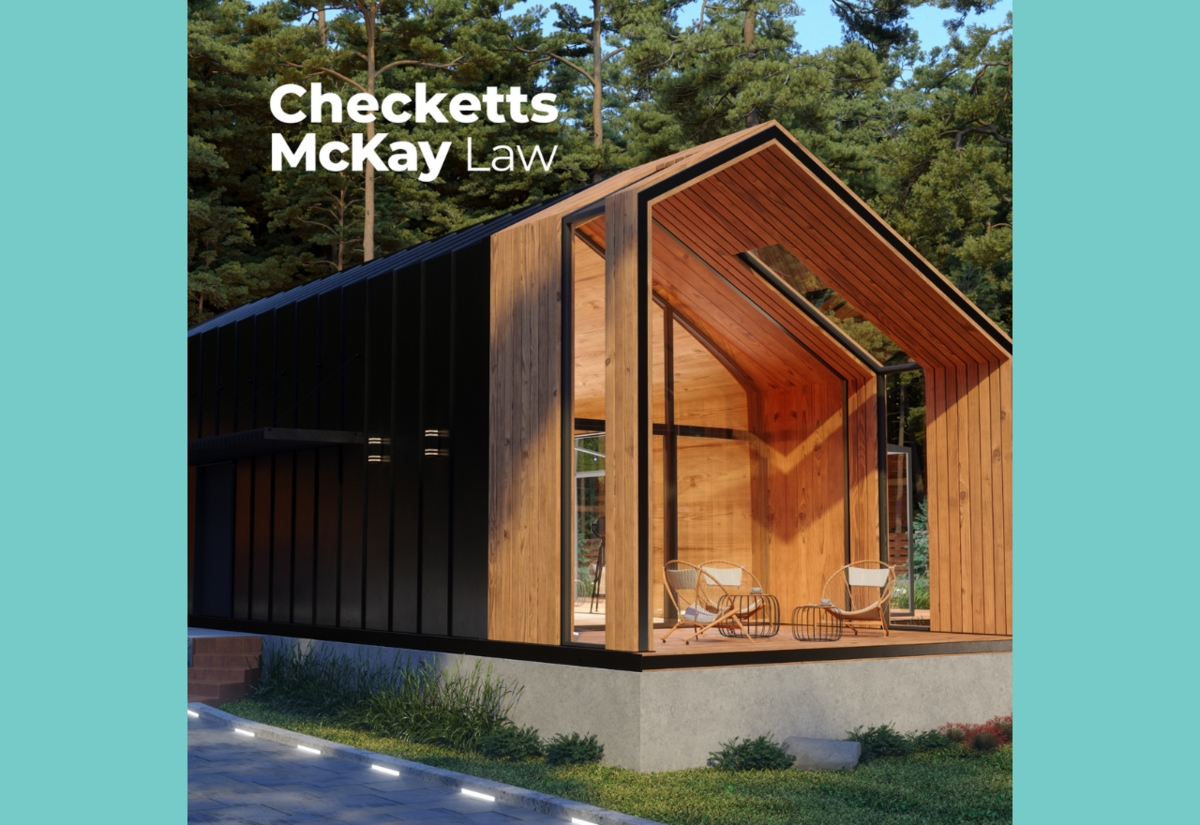Granny Flat Policy Changes by Early 2026: What It Means for Central Otago and Wanaka (Law blog)
Caitlin Addison - Checketts McKay Law
04 June 2025, 8:00 PM

The New Zealand Government has announced proposed new rules that will make it easier to build ‘granny flats’—small stand-alone dwellings—on residential and rural properties that already have a primary home. Currently, building such a dwelling generally requires a building consent and, depending on location and land use rules, a resource consent as well.
The proposed reforms would remove these barriers in certain cases, aiming to support more flexible housing arrangements and increase supply.
Key Criteria for Exemption from Building Consent
Further details on the criteria for exemption from building consent is available in this link (Exemption Criteria) however the key points are summarised below:
- The dwelling must have a simple design and meet the Building Code;
- The net floor area must be no greater than 70 square metres;
- Construction must be completed by authorised building professionals;
- It must be intended for use by a single household or family; and
- Homeowners need to notify the local council before commencement of construction and after completion.
Resource Management Act (RMA): Ancillary to the above, work is in place to develop new National Environmental Standards that will require councils to permit granny flats in rural and residential zones without need for a resource consent. It is also important to note that existing granny flats or those under construction are not expected to benefit from the exemptions.
Local Impacts for Wanaka and Central Otago
Central Otago—including towns like Wanaka, Cromwell, Alexandra, and Ranfurly—is already facing housing pressure due to population growth, urban migration, and a shortage of smaller, more affordable housing options. Here’s how the proposed changes could impact the region:
1. More Housing Flexibility for Families
Families in Central Otago often have strong local roots and a preference for keeping whānau close. These new rules will make it easier to build self-contained units for elderly parents, adult children, or even live-in carers—without needing to subdivide land or go through a lengthy consent process.
2. Relief for the Rental Market
With the influx of new residents and limited rental availability in places like Wanaka and Cromwell, granny flats offer a quick and cost-effective way to create more housing
3. Economic Opportunity for the Construction Sector
The local building and trades community stands to benefit from a streamlined process. Smaller builds, like granny flats, can be turned around faster, creating steady work for builders, architects, and suppliers across the region. Removing the requirement for building consents (under strict criteria) lowers administrative costs and speeds up delivery.
When Will These Changes Come Into Effect?
The Government is targeting early 2026 for the introduction of these changes. In the meantime, councils and industry professionals will be preparing for the shift
FAQs
Q: Will this affect existing granny flats?
A: No. The exemptions are expected to apply only to new builds that meet the new criteria after the legislation takes effect.
Q: Do I still need to involve the council?
A: Yes. You must notify the council before and after construction, even if you are exempt from needing formal consent.
Q: Are these rules already in effect?
A: Not yet. They are expected to be implemented by early 2026, pending final legislation.
Q: Can I use the granny flat for short-term holiday lets like Airbnb?
A: This will depend on your local district plan. Some areas may restrict short-term rentals, so it’s important to seek legal advice first.
Q: What if my property is zoned rural?
A: Under the proposed environmental standards, both rural and residential zones will be included—making this especially relevant in regions like Central Otago.
17 Dunmore Street, Wānaka


